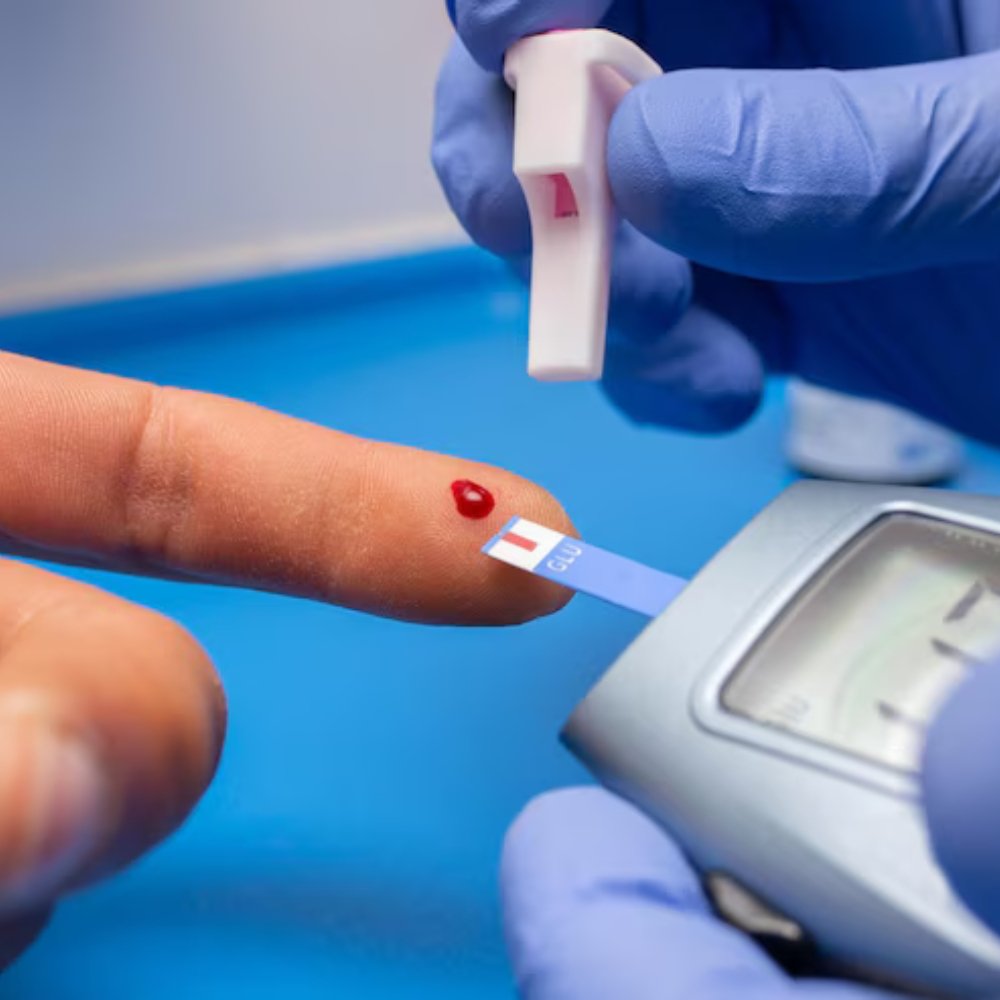


Take Control of Your Diabetes
Expert care, personalised plans, and ongoing support to help you live healthier every day.
Combining expert guidance, advanced technology, and compassionate support.

Equipped with state-of-the-art labs, imaging services (such as thyroid ultrasound), and blood glucose monitoring systems, Solaris ensures accurate diagnosis and ongoing management of endocrine and diabetic conditions.

Equipped with state-of-the-art labs, imaging services (such as thyroid ultrasound), and blood glucose monitoring systems, Solaris ensures accurate diagnosis and ongoing management of endocrine and diabetic conditions.

Equipped with state-of-the-art labs, imaging services (such as thyroid ultrasound), and blood glucose monitoring systems, Solaris ensures accurate diagnosis and ongoing management of endocrine and diabetic conditions.

Equipped with state-of-the-art labs, imaging services (such as thyroid ultrasound), and blood glucose monitoring systems, Solaris ensures accurate diagnosis and ongoing management of endocrine and diabetic conditions.
Find quick answers to common concerns about our diabetology care.
The main cause of diabetes depends on the type. Type 1 diabetes is caused by an autoimmune reaction that destroys insulin-producing cells in the pancreas. Type 2 diabetes, the most common form, is primarily caused by insulin resistance combined with lifestyle factors such as poor diet, lack of physical activity, and obesity.
Two foods that may help prevent diabetes are leafy green vegetables (like spinach and kale), which are rich in fibre and antioxidants, and whole grains (like oats and brown rice), which help regulate blood sugar levels and improve insulin sensitivity.
A normal fasting blood sugar level for a healthy adult ranges between 70 to 99 mg/dL. Two hours after eating, blood sugar levels should be less than 140 mg/dL. Consistently higher levels may indicate prediabetes or diabetes.
Yes, chronic stress can contribute to the development of Type 2 diabetes. Stress hormones like cortisol can increase blood sugar levels and make the body more insulin-resistant over time, especially when combined with unhealthy coping habits like poor diet or lack of exercise.
Yes, diabetics can eat rice in moderation. Opting for brown rice or other whole grain varieties is better, as they have a lower glycaemic index and release glucose more slowly. Portion control and balanced meals are key to maintaining healthy blood sugar levels.
We’re here to help – reach out anytime
Pioneering Excellence in Neurology and Neurosurgery with Cutting-Edge Technology and Compassionate Care. Solaris Hospital is your one-stop destination for comprehensive with wide range of multi-specialty services.
Service Road, Ghodbunder Rd,
next to AP Shah Institute of
Technology, Kasarvadavali,
Thane (West),
Maharashtra. 400615
Phone:+91 22 4004 4001 / 4004 4003 / 8655696500
E-mail:contact@solarishospitals.com
